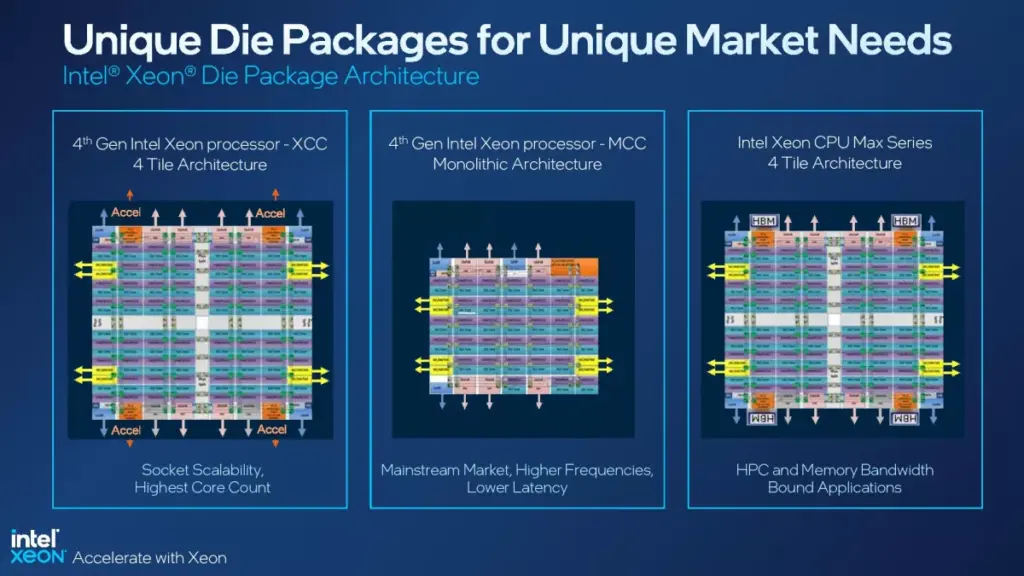New Vulnerability in Sapphire Rapids, Intel suspends some Xeon server processor shipments
In January of this year, Intel introduced the fourth generation of its scalable Xeon processor, codenamed Sapphire Rapids. Although it remains outpaced by AMD’s Zen 4 architecture EPYC server processor, dubbed Genoa, Intel’s long-standing influence in the data center market still guarantees considerable adoption of its new platform by many manufacturers. DRAM manufacturers, including Samsung and SK Hynix, have staked their claims in the server market, hoping that Sapphire Rapids will boost the demand therein.

Image credit: Tom’s Hardware
According to TomsHardware, Intel has temporarily halted shipments of some fourth-generation Xeon server processors due to a newly discovered vulnerability. Analysts suggest that Intel has been doing this since mid-month. Intel also issued a statement to TomsHardware:
“We became aware of an issue on a subset of 4th Generation Intel Xeon Medium Core Count Processors (SPR-MCC) that could interrupt system operation under certain conditions and are actively investigating. This issue was not observed when running commercially available software, and other 4th Generation Intel Xeon processor SKUs (i.e., XCC and HBM) have not exhibited the issue. Out of an abundance of caution, we did temporarily pause some SPR MCC shipments while we gained confidence in the expected firmware mitigation and expect to release remaining shipments shortly.”
In the statement, Intel did not fully acknowledge the issue causing the shipment halt, or at least it is unclear when they began doing so, and neither did they clarify the nature of the vulnerability. It’s understood that Intel used two types of underlying designs on Sapphire Rapids: the XCC, created by four computing modules for a single chip, and the single-chip MCC. The former is used for chips with 36 to 60 cores and the latter for 32-core chips. The MCC is the highest-yielding version of Sapphire Rapids. After the issue was identified, the shipments of the dual and quad models have been temporarily halted.






